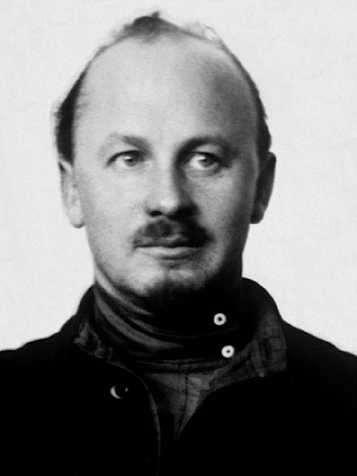What would the Soviet Union without Stalin have looked like? Let's say that Stalin gets killed in action in the Soviet-Polish War or something like that. Who would lead the Soviet Union after Lenin's death in this TL and how would they deal with various issues, such as industrialization, forced collectivization, and the rise of the Nazis in Germany? For instance, in regards to the last item here, could the Soviet Union's leadership push the German Communists to form a unity government with the SPD and Zentrum in order to block the Nazis from ever coming to power in Germany? Would they actually be smart enough to do this by seeing the danger that Hitler posed to the Soviet Union way ahead of time?
Thoughts on all of this?
Thoughts on all of this?

